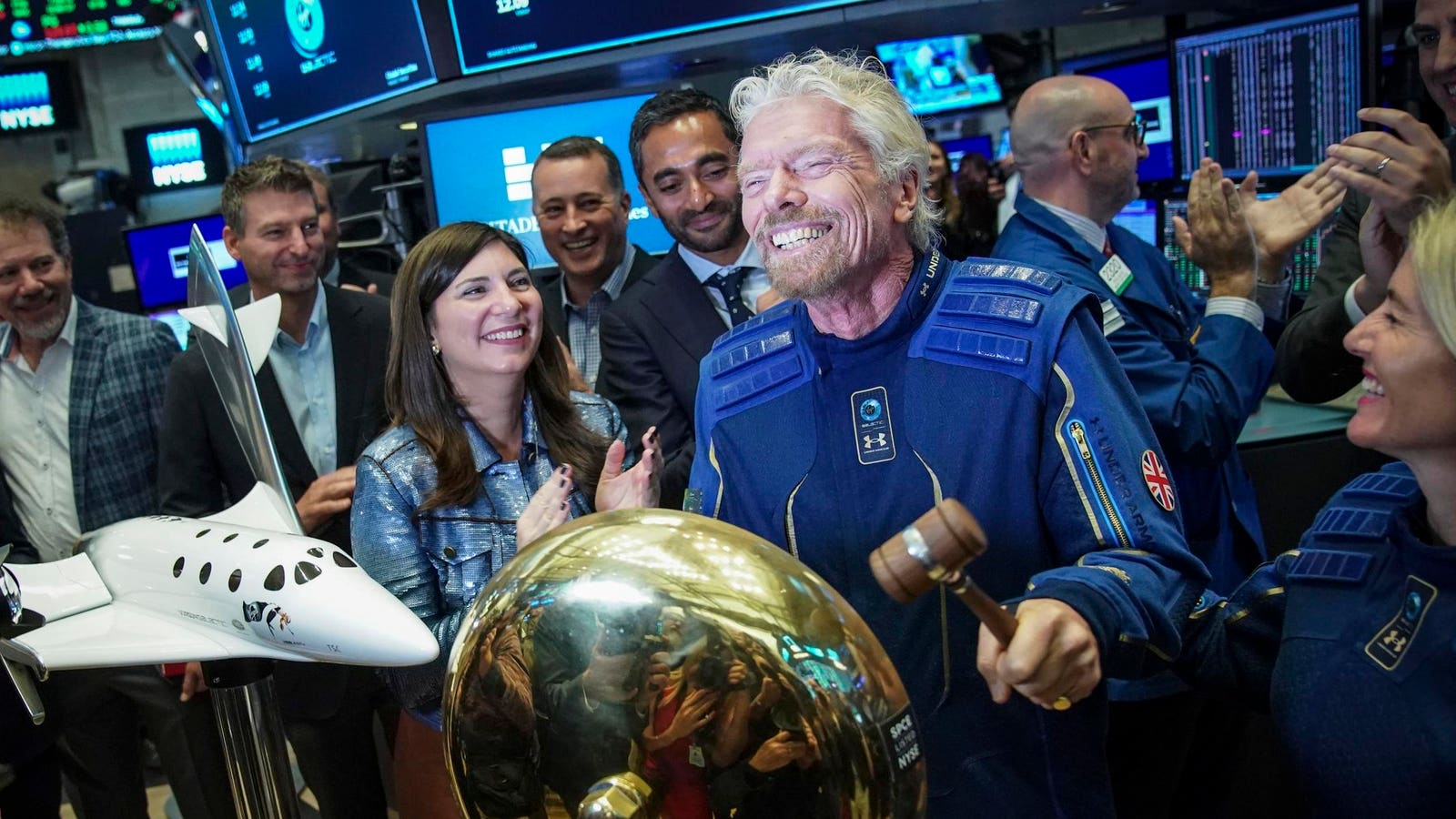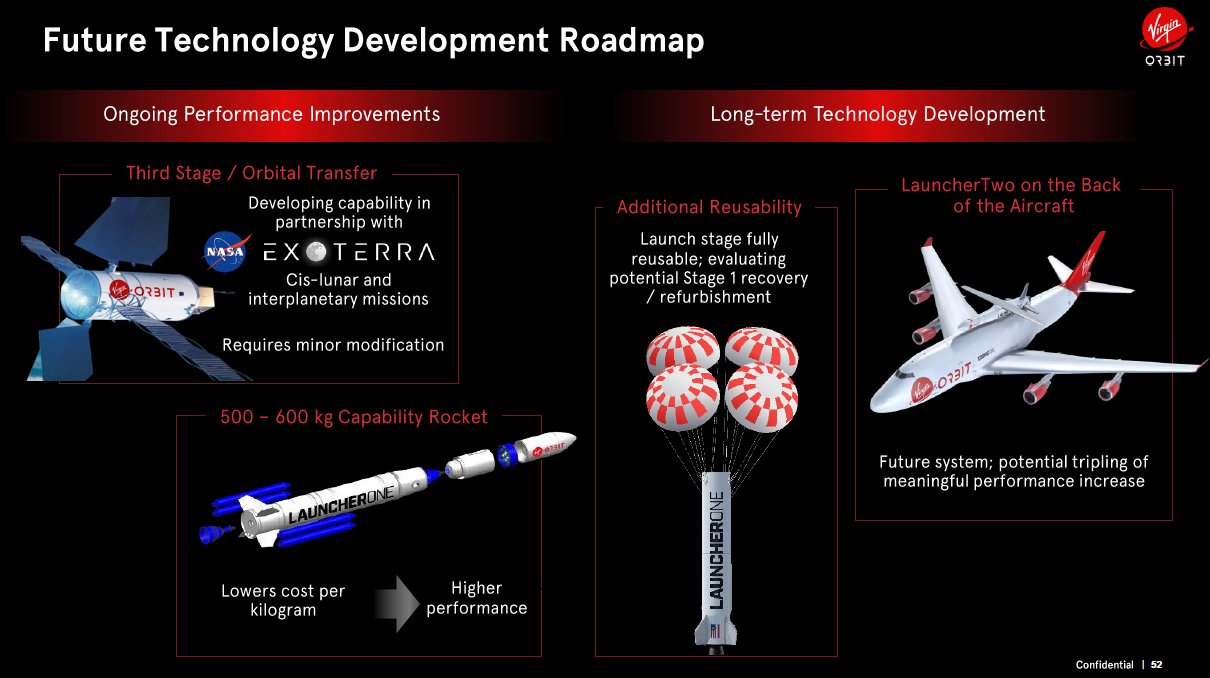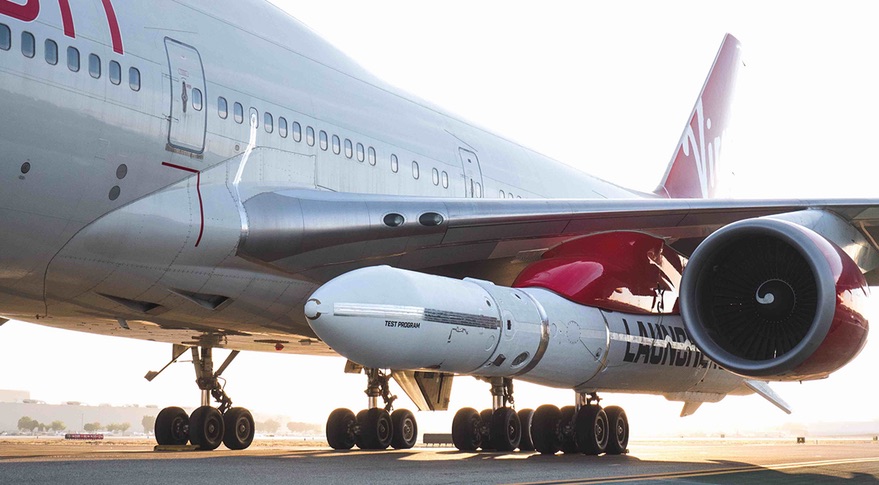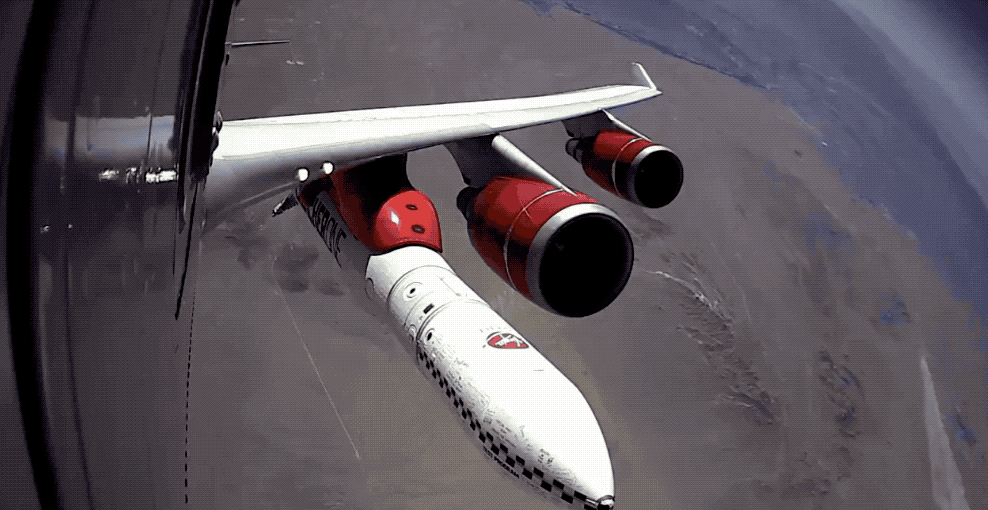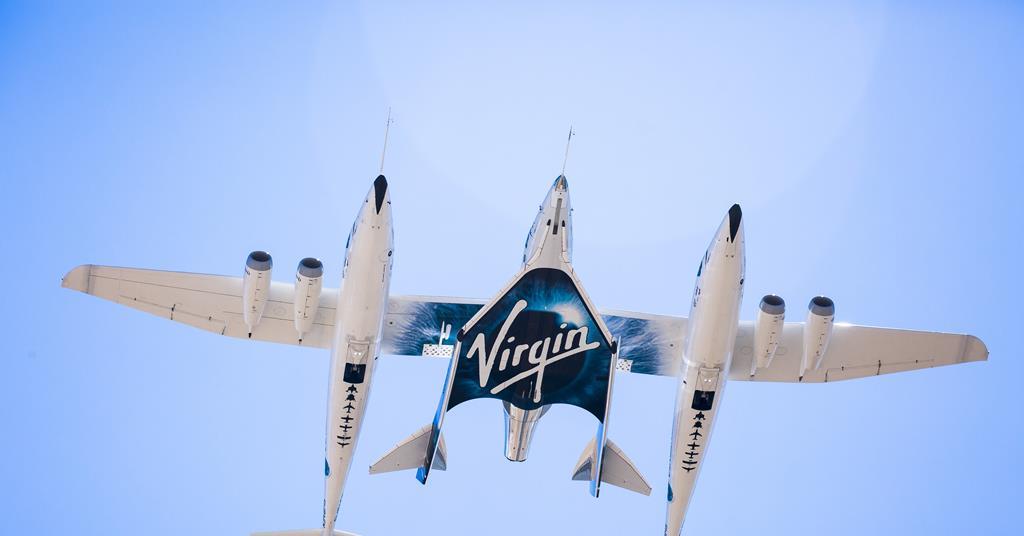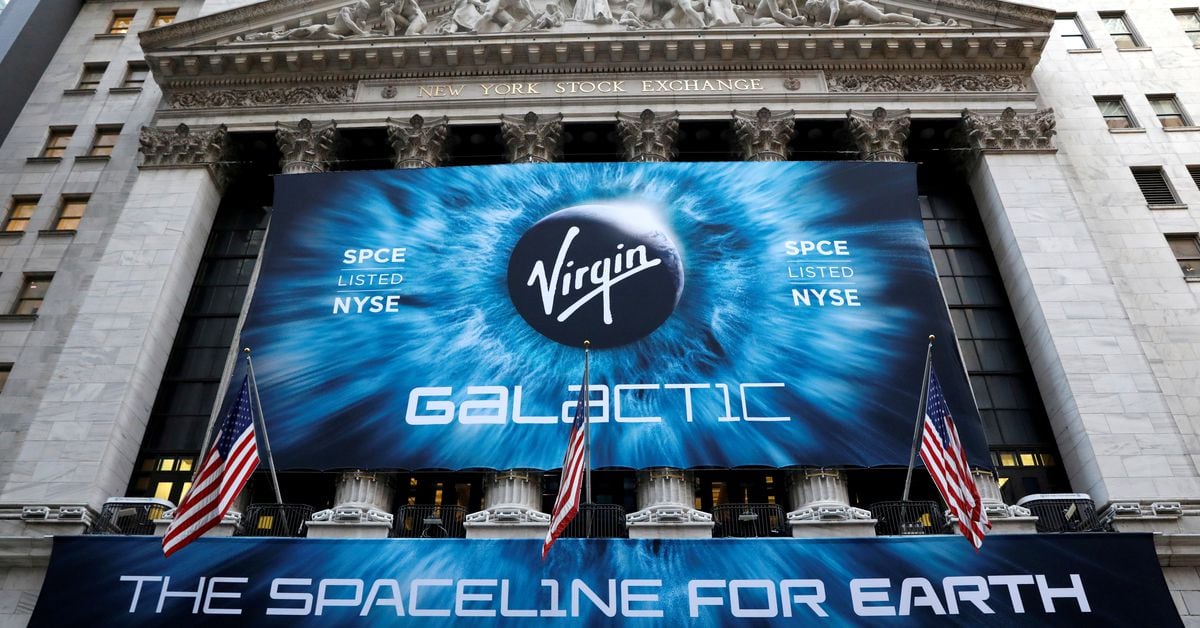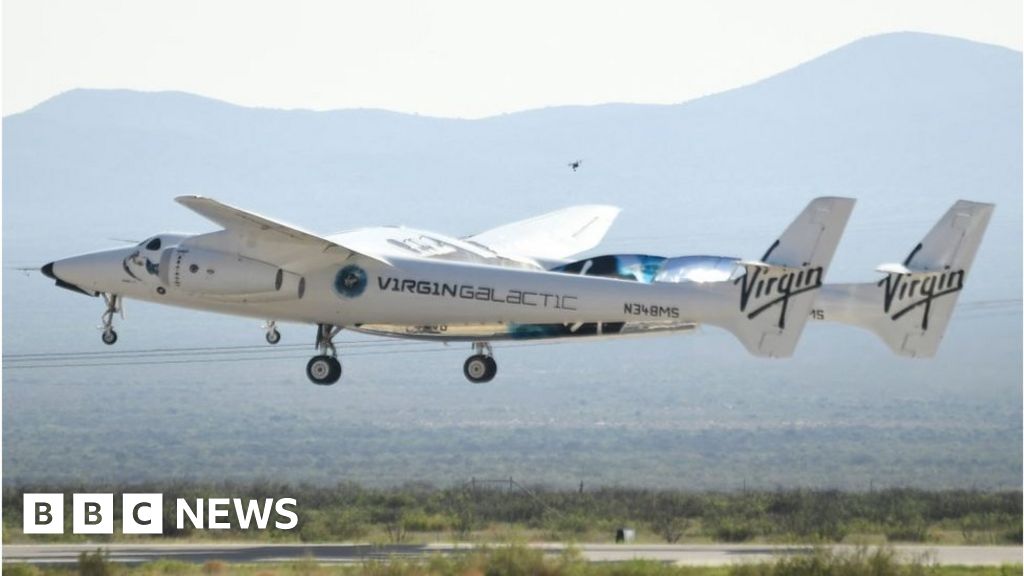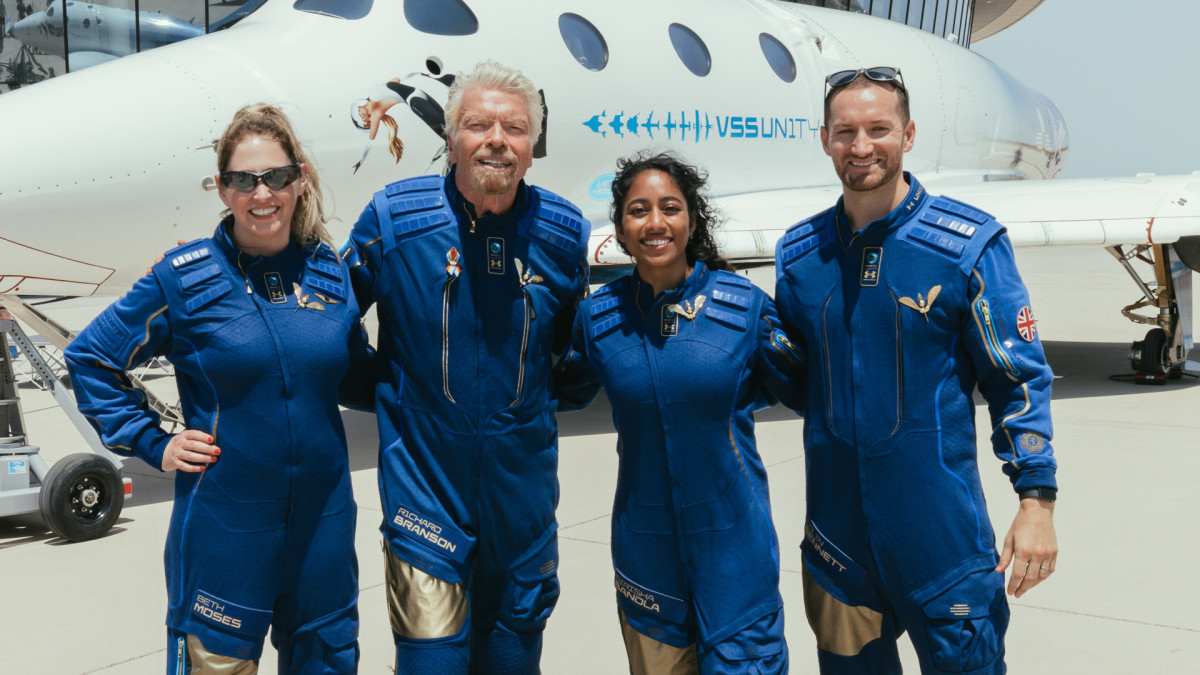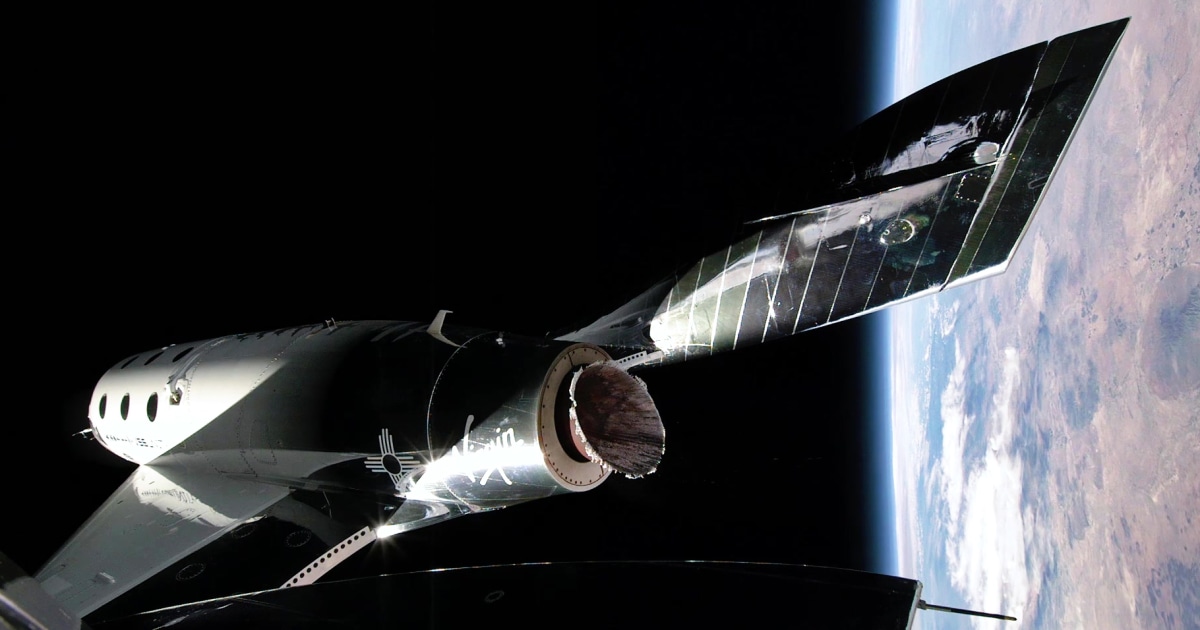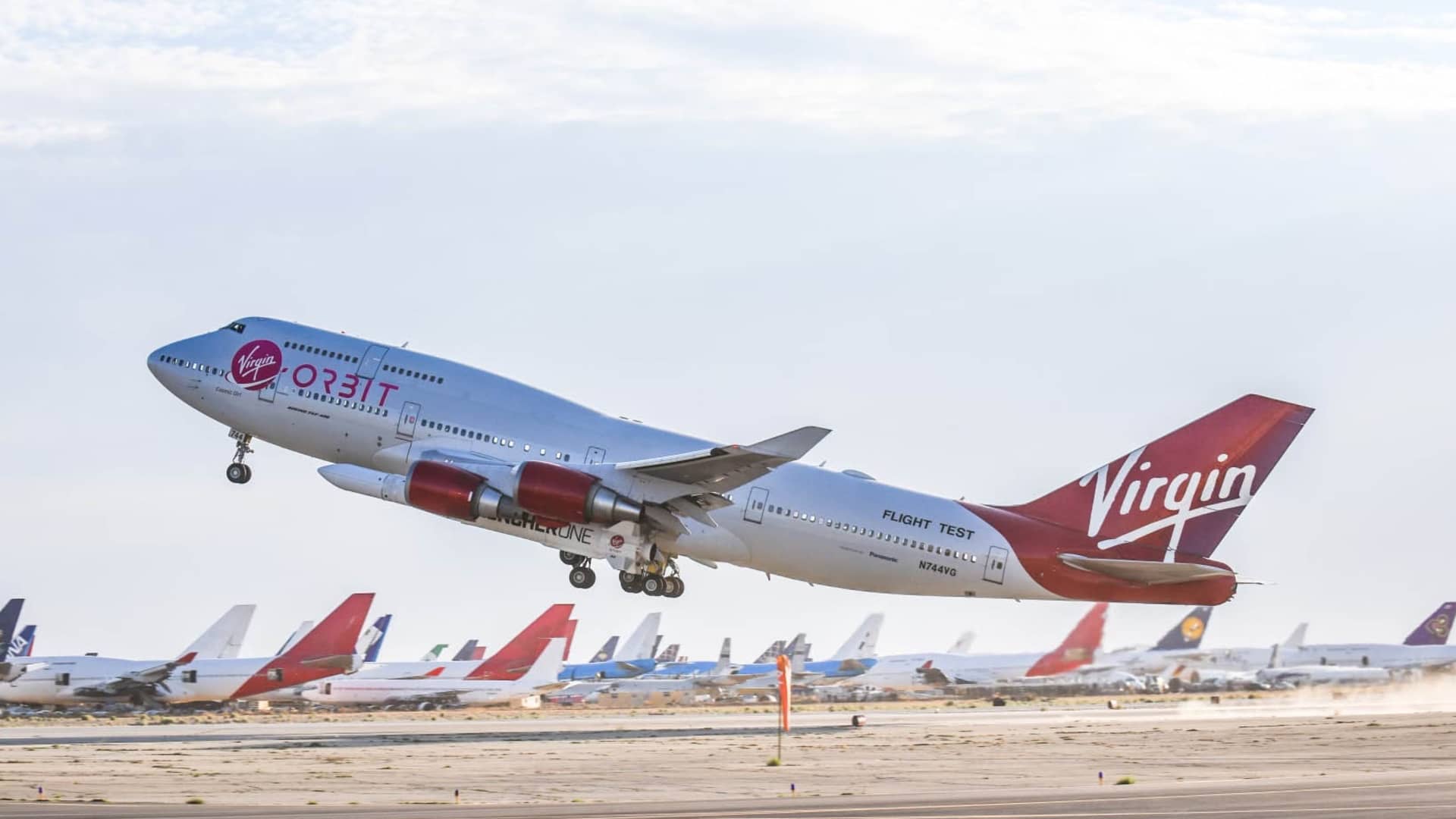- Joined
- 9 October 2009
- Messages
- 21,979
- Reaction score
- 13,645

Richard Branson sells $300m Virgin Galactic stake
Sir Richard Branson has sold a stake in Virgin Galactic worth about $300m (£216m), using his biggest listed asset to prop up other parts of his business empire.
British billionaire Richard Branson has sold about $300m in Virgin Galactic stock, tapping his biggest listed asset again to prop up his business empire during the pandemic.
The billionaire offloaded almost 10.5m shares - about 4pc of the space-travel company - through a company he controls, leaving him with an 18pc stake, according to a regulatory filing.
The proceeds will support Branson’s travel and leisure businesses, as well as help develop new and existing ventures, a Virgin Group representative said. Branson, 71, remains Virgin Galactic’s biggest shareholder.
The company’s shares fell more than 5pc in premarket trading in New York.

